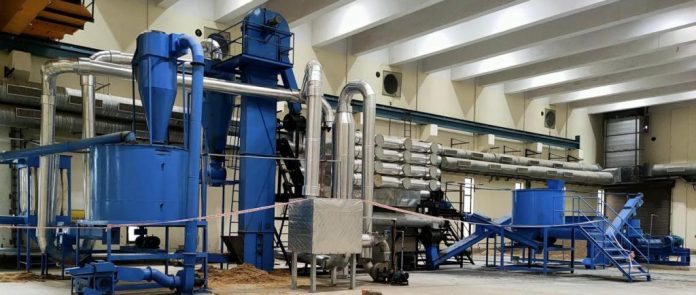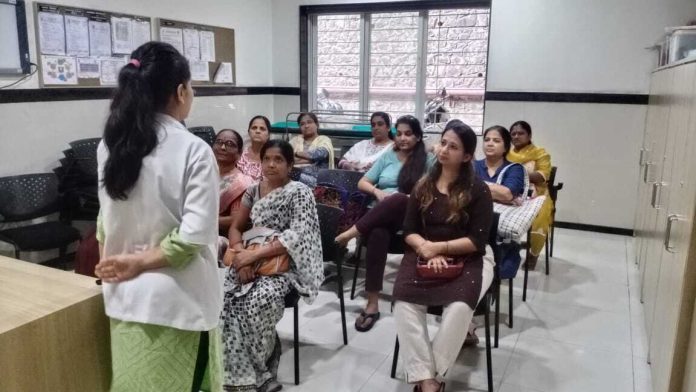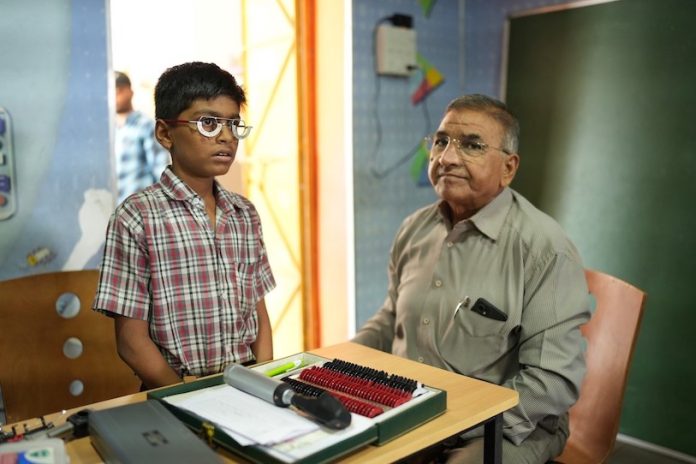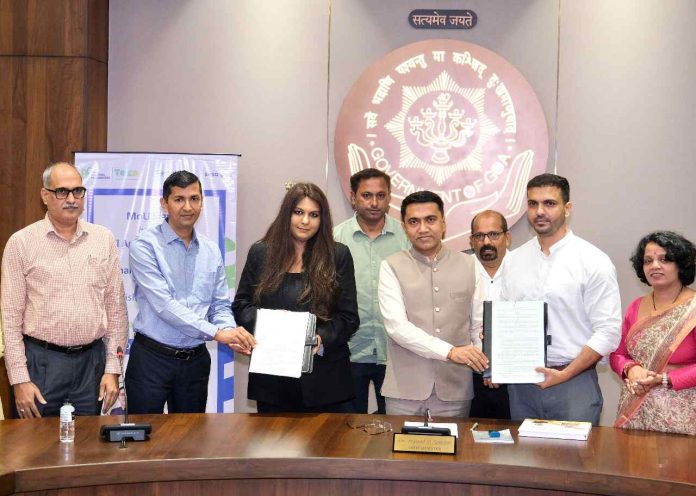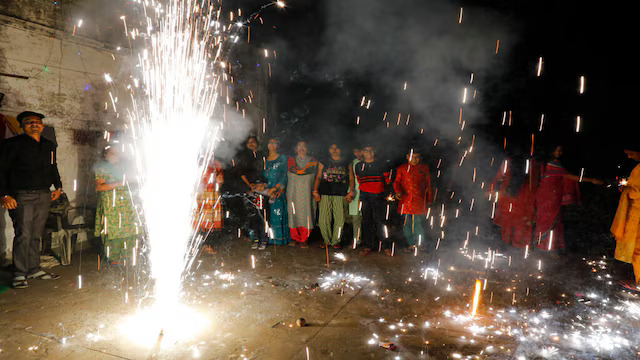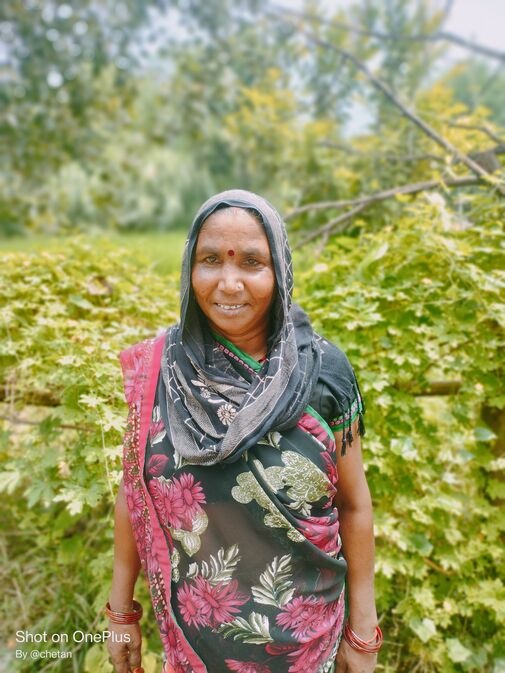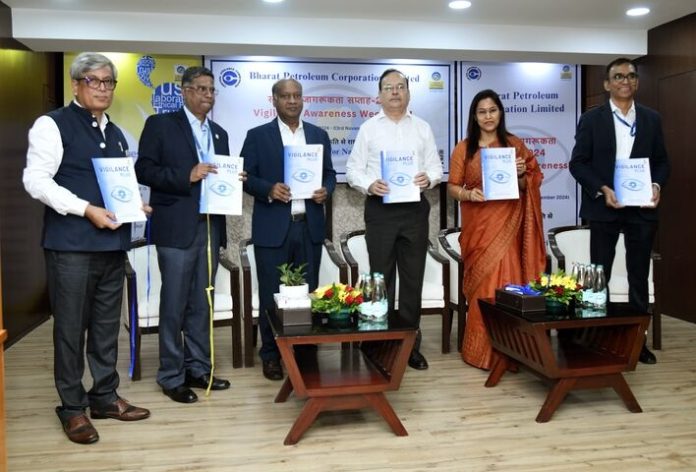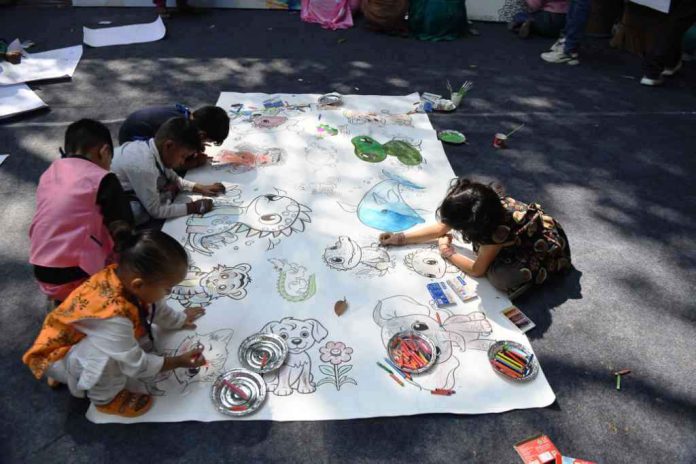New Delhi, India: NETRA, the R&D wing of NTPC Ltd, and LWP Biocoal LLP, a Startup registered under GoI, have developed and setup a 10 TPD Integrated Torrefaction and Pelletization Plant for demonstration of indigenous technology and promotion of manufacturing of torrefied pellets in the country. It may be mentioned that agricultural residue-based biomass co-firing, a carbon-neutral fuel, is recognized by the UNFCCC as a technology for reducing GHG emissions.
In May 2021, the Ministry of Power, Government of India, launched the ‘National Mission on Use of Biomass’ in Coal-Based Thermal Power Plants. NTPC is already actively utilizing non-torrefied biomass for co-firing in pulverized coal (PC)-fired boilers. To date, a maximum of 10% by weight co-firing has been achieved using non-torrefied biomass pellets without any retrofitting. However, to facilitate large-scale biomass usage, torrefaction and pelletization are essential, as torrefied biomass pellets offer higher energy density and properties closer to coal.
This opens a new avenue for NTPC Green Energy Limited, a wholly owned subsidiary of NTPC in the domain of renewable energy.
Disclaimer: This media release is auto-generated. The CSR Journal is not responsible for the content.

